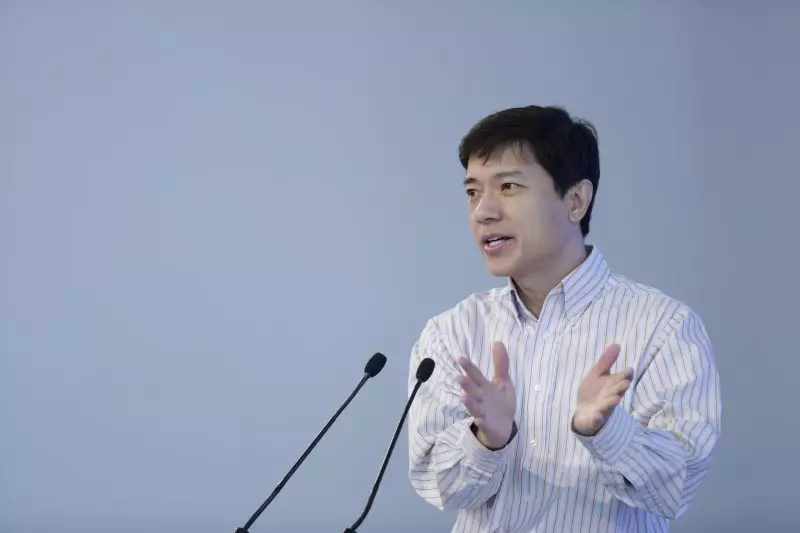Baidu, a leading tech player in China, is making significant strides in the realm of autonomous driving with its recent licensing success in Hong Kong. This development marks a crucial moment for the company as it increases its presence in the autonomous vehicle sector beyond its home market. The approval from Hong Kong’s Transport Department permits Baidu Apollo International Ltd to test its innovative Apollo robotaxi service in a city known for its dense urban landscape.
Under the auspices of this newly issued license, Baidu is authorized to conduct trials with a fleet of 10 autonomous vehicles in North Lantau. The license is effective for a five-year timeframe, commencing on December 9, 2024, and concluding on December 8, 2029. Initially, the program allows just one self-driving vehicle to operate on designated sections of the road simultaneously. To ensure safety during these trials, a qualified backup operator will always be present in the vehicle, ready to take control if the need arises. This precaution reveals a thoughtful approach to the potentially complex interactions of autonomous vehicles with human-driven traffic.
Baidu’s licensing achievement is a significant step corresponding with Hong Kong’s strategic initiative to foster autonomous driving technologies. Since 2017, the Hong Kong government has actively promoted advancements in this field, gradually expanding the scope of trials to cover public roads. The recent changes in regulatory frameworks introduced in March this year have opened new avenues for companies like Baidu to innovate and test their technologies. This pilot license is notable not only as the first granted under the new regulations but also as Baidu’s first venture into autonomous vehicle testing outside of mainland China.
Operating its robotaxi service, Apollo Go, in various Chinese cities, Baidu is viewing this Hong Kong trial as a springboard for greater regional expansion. With the largest fleet concentrated in Wuhan, comprising over 400 vehicles, Baidu’s ambitions to extend its services into Hong Kong, Singapore, and even the Middle East are becoming increasingly clear. This strategic move comes against a backdrop of fierce competition in the autonomous vehicle sector, where innovation and adaptability are essential for maintaining a competitive edge.
Baidu’s successful acquisition of a license to test autonomous vehicles in Hong Kong represents more than just a localized achievement; it symbolizes the company’s commitment to advancing autonomous mobility solutions in diverse markets. As the trial phase approaches, the world will be watching closely to see how Baidu’s technologies evolve in real-world scenarios. With the potential for transformative impacts on urban transportation, this initiative could herald a new era in how cities interact with autonomous driving technology, paving the way for similar advancements in other global markets.

